How Old Do You Have to Be to Have a PayPal Account?
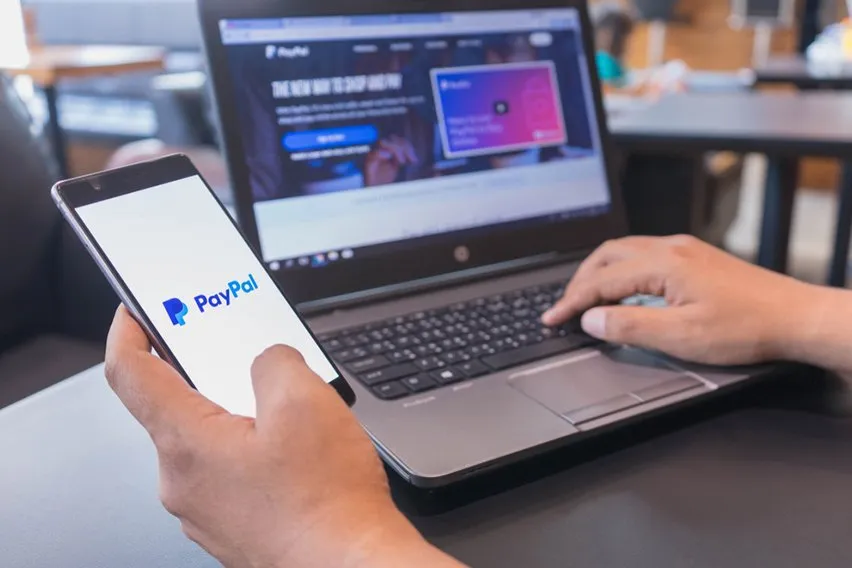
PayPal is a great way to buy, sell and send basic money transfers. This is everything you need to know.
There are millions of people around the world who use PayPal to buy, sell and send money. This is all done without the worry of financial information getting compromised. PayPal simplifies your online transactions and is designed to be as easy as possible.
It doesn’t matter if you’re shopping at a store, splitting expenses or receiving payment for a job. Here is everything you need to know when it comes to using PayPal!
Here’s What We’ll Cover:
How Old Do You Have to Be to Have a PayPal Account?
Overview of How PayPal Works
It’s completely free to open a PayPal account and use the balance you have for purchases. The app securely manages and stores any debit card, credit card or banking information. You simply sign up with your email address, add your banking details and then make purchases with funds from your account.
There are two different ways you can use PayPal: with a personal account or with a business account.
You’re able to use a personal account to send or receive money from friends and family, which makes it easy to make purchases or settle up with a friend. You can also use it to receive any money you earned for completing a job or selling a product or service. Once you receive your funds, they’re held in the app and you can then make a transfer to a linked bank account or a debit card if you have one in your profile.

Using a business account is recommended for anyone who wants to primarily use their PayPal account for business purposes. This is mostly for those who sell a product or service or receive different types of donations. When you sign up for a business account, you can use your company or business name.
You can also allow your employees to access some of the features in your business account, which can make managing payments easier. Keep in mind that using a business account can be subject to certain fees that are different than when you use a personal account.
If you aren’t sure which one you should use and you open a personal account first, you can easily switch it to a business account after. But by doing that, you signal to PayPal that you’re using your account primarily for business or commercial purposes.
Restrictions on Transfers or Withdrawals
PayPal can limit the amount you’re able to take out of your account depending on different factors. Withdrawals can become delayed in certain situations if they feel the need to confirm you have the right authorization. Chargebacks, bank reversals or disputes from buyers are common instances where this can happen.
If PayPal puts a limitation on your account, it could be due to a payment being on hold or your account having a negative balance. If this happens, you will have to start the withdrawal again after the limitation gets lifted or your negative balance becomes paid off.
All this information is available by logging into your account. And completing certain steps will lift or remove any limitations. Those steps include verifying your bank account, confirming a debit or credit card or providing a social security number.
How Old Do You Have to Be to Have a PayPal Account?
According to PayPal, you must be at least 18 years of age to sign up for an account.
The PayPal User Agreement states, “If you are an individual, you must be a resident of the United States or one of its territories and at least 18 years old, or the age of majority in your state of residence open to a U.S. PayPal Account to use the PayPal Services.”
This limitation is in large part because you must be 18 years of old to engage in a legally binding contract. And since signing up for a PayPal account is engaging in a contract, there would be a ton of liability if this weren’t the case.
Can You Get In Trouble if You Don’t Meet the Age Requirement?
It clearly outlines in the User Agreement that you must be at least 18 years old or the age of majority in your state of residence. But what if you didn’t know when you signed up? Or, what if you did and now you have found yourself in a pickle?
The simple answer to whether or not you can get in trouble if you open a PayPal account if you are under the age of majority is yes. However, that doesn’t necessarily mean you will get in trouble. There are a few things to take into account.
The User Agreement also outlines a list of restricted activities. It basically states that if you use PayPal and break the binding agreement, they can take different actions against you.
A few of the restrictions include:
- Breaching the User Agreement in any way
- Violating any law, statute, ordinance or regulation
- Selling counterfeit goods
- Act in a defamatory manner that is threatening or harassing
- Provide false, inaccurate or misleading information
- Control an account that’s linked to another account that has engaged in any restricted activities
- And a long list of others
From here, PayPal reserves the right to take action that could include:
- Terminating the agreement, limiting your account or closing your account (even if there is a linked cash account), at any time
- Refuse to provide PayPal services
- Limit access to their services
- Hold any balance that you have for up to 180 days to protect against the risk of liability
- Contact your bank or credit card issuer or any other impacted parties or law enforcement about your actions
- Take legal action against you
Okay, that’s a lot of legal jargon to try and process. But the point is that legal action can be taken against you if you take part in any of the outlined restrictions. And that includes having an account if you aren’t the age of majority.
It might not seem like a huge risk, but it could have unintended consequences down the road.
Think about this.

Let’s say you go through the application process for PayPal a few months before you reach the age of majority in your state. Not a huge deal, but you still don’t meet the necessary age requirement. Even so, you continue doing what you’re doing.
You forget about signing up under the legal contract age and continue with business as usual, whatever it is. Another year passes and you’ve sent and received thousands of dollars in funds. You rely on PayPal to receive payment for work you do, and you also use the platform to pay for multiple subscriptions.
Everything is running smoothly and you have everything set up the way you want. But then, PayPal recognizes there’s an issue. They place a limitation on your account or they outright ban you for breaching the User Agreement you agreed to when you first signed up. You will lose access to any availability of funds.
Now what? What about the funds you still have in your account?
You will have to spend the time going back to figure out everything that was linked to your account. You will have to contact employers or clients and set up a new way of sending or receiving payments. You will have to start from scratch.
Not only that and as mentioned above, but there could also be legal issues.
Key Takeaways
PayPal provides a very easy way to deal with online payments. And with millions of people around the world using the platform daily, it makes sending and receiving money as easy as possible. But there are things you need to be aware of depending on your age.
If you created a PayPal account when you were not in the legal contract age, the best thing you can do is close your account and start again. It might not seem like an ideal scenario, but it’s better than the alternative of running into substantial issues down the road.
That said, if you’re thinking of opening a PayPal account while still under the age of 18, the best advice is to wait. There are other alternative payment platforms that you might be able to use by signing up with your parent’s permission. Either way, the importance of understanding the details of a user agreement remains the same.
Using PayPal is the easiest way to send and receive money to shop, pay expenses or receive payment for a product or service you provide.
Did you find this article helpful? If so, check out our article on How to Accept Payment on PayPal to learn and understand the different payment methods available.
RELATED ARTICLES

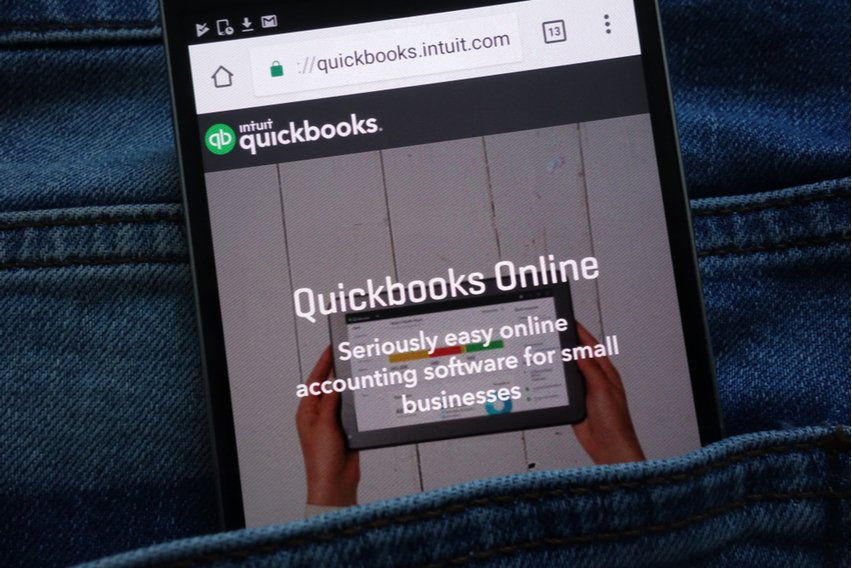 Top 5 Best Online Payroll Software for Small Businesses
Top 5 Best Online Payroll Software for Small Businesses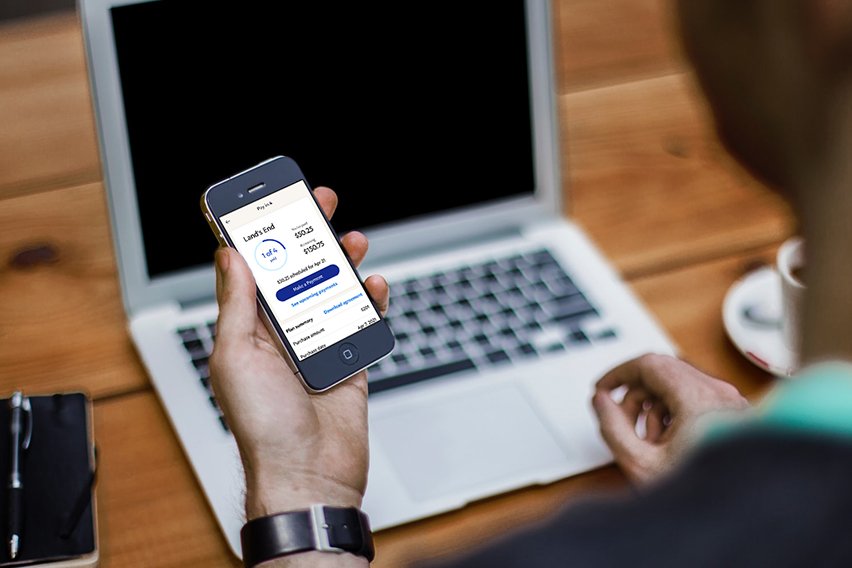 PayPal Limit: What’s the Minimum & Maximum Transfer Limit
PayPal Limit: What’s the Minimum & Maximum Transfer Limit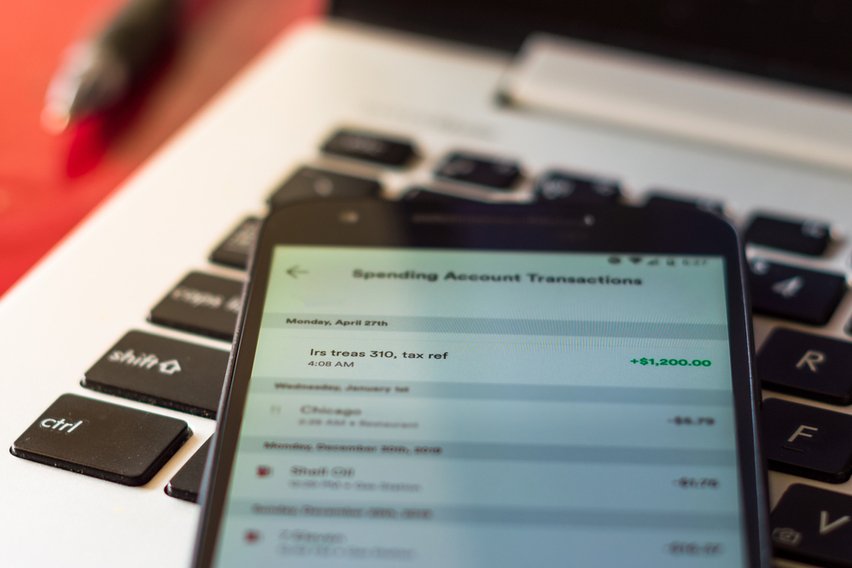 How Long Does Direct Deposit Take: A Guide to Direct Deposit
How Long Does Direct Deposit Take: A Guide to Direct Deposit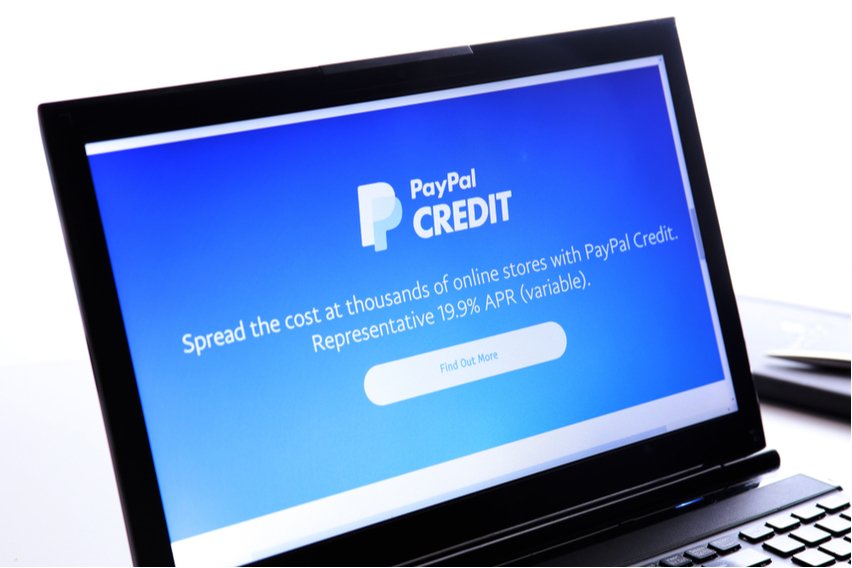 What Is PayPal Credit? Virtual Credit for Online Shopping
What Is PayPal Credit? Virtual Credit for Online Shopping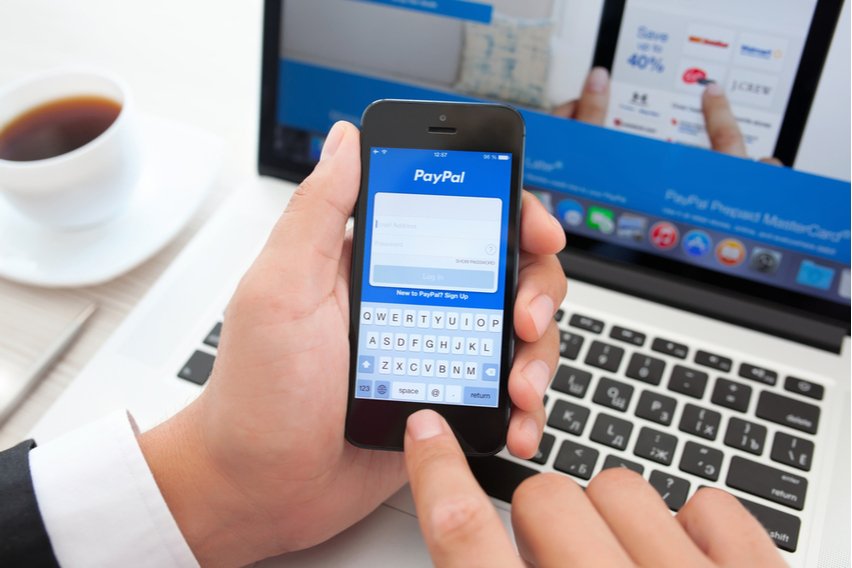 How to Send Money on PayPal?
How to Send Money on PayPal?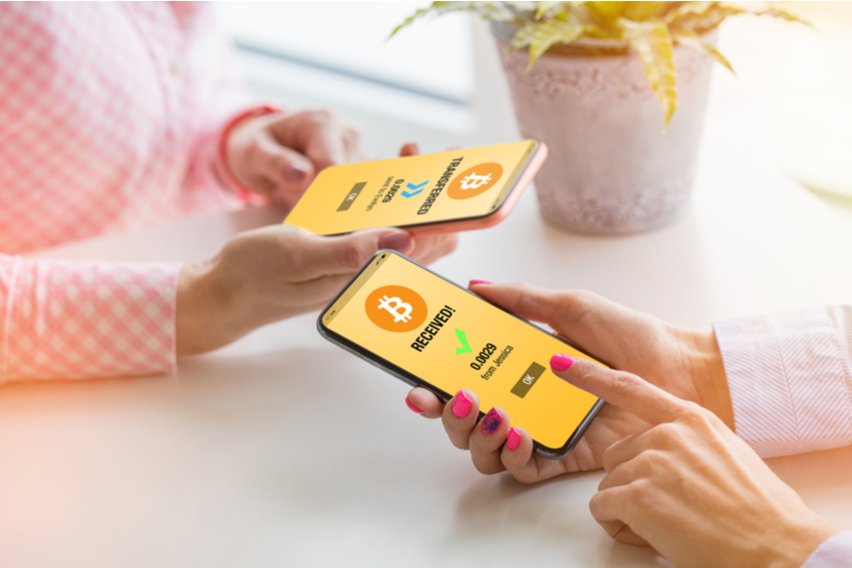 How to Send Money on Cash App: A Complete Guide
How to Send Money on Cash App: A Complete Guide